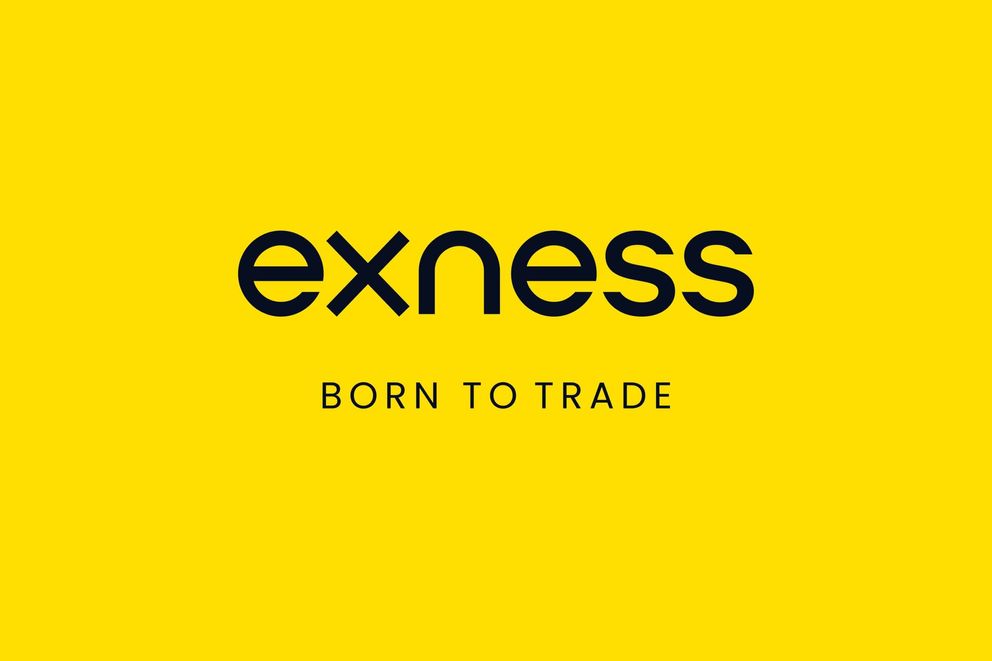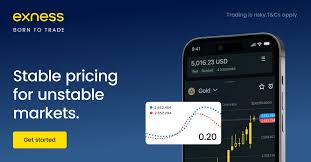
The exness economic calendar Exness broker economic calendar is an essential tool for traders looking to navigate the volatile waters of financial markets. Understanding the key economic events and indicators can significantly enhance your trading experience, enabling you to make informed decisions that align with market trends and movements. In this article, we will delve into the components of the Exness economic calendar, how to interpret it, and its importance in day-to-day trading strategies.
The Importance of Economic Calendars in Trading
Economic calendars are critical for traders of all levels, from beginners to seasoned professionals. They provide essential information about upcoming economic events that can sway market sentiment and influence the pricing of various assets. Traders use economic calendars to anticipate market reactions and make educated predictions about potential price movements.
What Does the Exness Economic Calendar Include?
The Exness economic calendar includes a wide range of data points, including:

- Economic Indicators: These are statistical measures that reflect the economic performance of a country. Common indicators include GDP, unemployment rates, inflation rates, and consumer confidence indexes.
- Central Bank Announcements: Changes in interest rates or monetary policy can substantially impact currency values. The calendar outlines when these announcements are made and what markets expect.
- Market Holidays: Understanding when markets are closed is vital for planning your trading activity. The calendar marks key holidays for various markets.
- Impact Level: Each event is assigned a level of impact, which helps traders gauge the potential volatility associated with that event. High-impact events are likely to cause significant price movement.
How to Use the Exness Economic Calendar for Trading Success
To capitalize on the information provided by the Exness economic calendar, consider the following strategies:
- Plan Ahead: Review the calendar ahead of time to prepare for high-impact events. Planning your trades around these events can provide better opportunities to capitalize on market volatility.
- Analyze Historical Data: Look at past market reactions to similar events. Understanding how the market has reacted historically can provide insights into potential future movements.
- Use Technical Analysis Alongside: Economic indicators can be a part of your trading strategy, but combining them with technical analysis can improve your decision-making process.
- Keep an Eye on Market Sentiment: Be aware of the broader market sentiment surrounding key events. Market sentiment often plays a significant role in how events influence price movements.
Interpreting Key Economic Indicators
Understanding individual economic indicators can greatly enhance your trading strategies. Here are some major indicators to watch:

- Gross Domestic Product (GDP): GDP measures a country’s overall economic output. A higher GDP growth rate usually strengthens a nation’s currency.
- Employment Data: Employment indicators, such as Non-Farm Payrolls, provide insights into economic health. Strong employment figures typically lead to stronger currencies.
- Inflation Rates: Measured by the Consumer Price Index (CPI) and Producer Price Index (PPI), inflation impacts purchasing power and can alter central bank policies.
- Consumer Confidence Index (CCI): This index gauges how optimistic consumers feel about the economy. High consumer confidence leads to increased spending, boosting economic growth.
Integrating the Exness Economic Calendar into Your Trading Routine
For traders, integrating the Exness economic calendar into daily trading routines can enhance strategy effectiveness:
- Daily Review: Each day, review the economic calendar to analyze upcoming events that may affect the markets.
- Weekly Strategy Sessions: At the beginning of each week, develop a trading strategy based on the week’s events listed in the calendar.
- Real-time Monitoring: Keep an eye on news releases and their immediate effects on market movements.
- Performance Analysis: After each trading session, analyze the outcomes of trades made around economic events for continual improvement.
Conclusion
The Exness economic calendar is more than just a schedule of economic events; it is a strategic tool that provides traders with invaluable information to stay ahead of market trends. By understanding how to interpret and effectively use this tool, traders can enhance their chances of making profitable trades. Whether you are trading forex, stocks, or commodities, knowledge of upcoming economic events is crucial in today’s fast-paced trading environment.